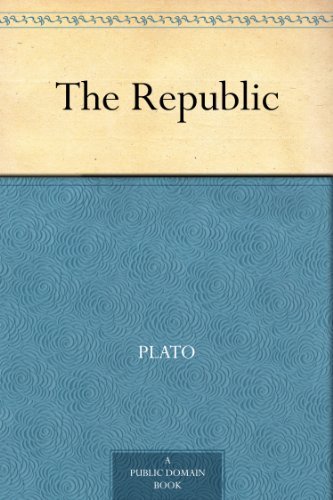Google Search
To the question “whether the sensitive soul and the intellective soul are really distinct in man,” he answers that they are, though this is hard to prove. One of his arguments is that we may with our appetites desire something which with our understanding we reject; therefore appetite and understanding belong to different subjects. Another argument
... See moreBertrand Russell • History of Western Philosophy

Most of us are driven by this internal division between heart and mind. I often return to this concept that people fall somewhere on the spectrum of heart-heavy versus head-heavy. This dictates much of reality that materializes around them.
Heart-heavy people are very instinctive, driven by an eagerness or compulsion to follow emotion, fullness of e
... See moreWhere did the Epicureans and the Stoics get their ideas? Like Keynes’ madmen, they too, heard voices: the Epicureans heard the voice of the body, as it screams out to us, in the language of pleasure and pain, and demands that we promote and protect and serve it. The Stoics heard the voice of the group, when it draws each individual’s attention to t
... See moreAgnes Callard • Open Socrates: The Case for a Philosophical Life
All three agree that the highest good for human beings is happiness, and that a rational choice of life will be one directed to one’s own happiness. Only a life in which one cultivates the traditional virtues (justice, temperance, courage, and practical wisdom) will be a happy life. Plato’s